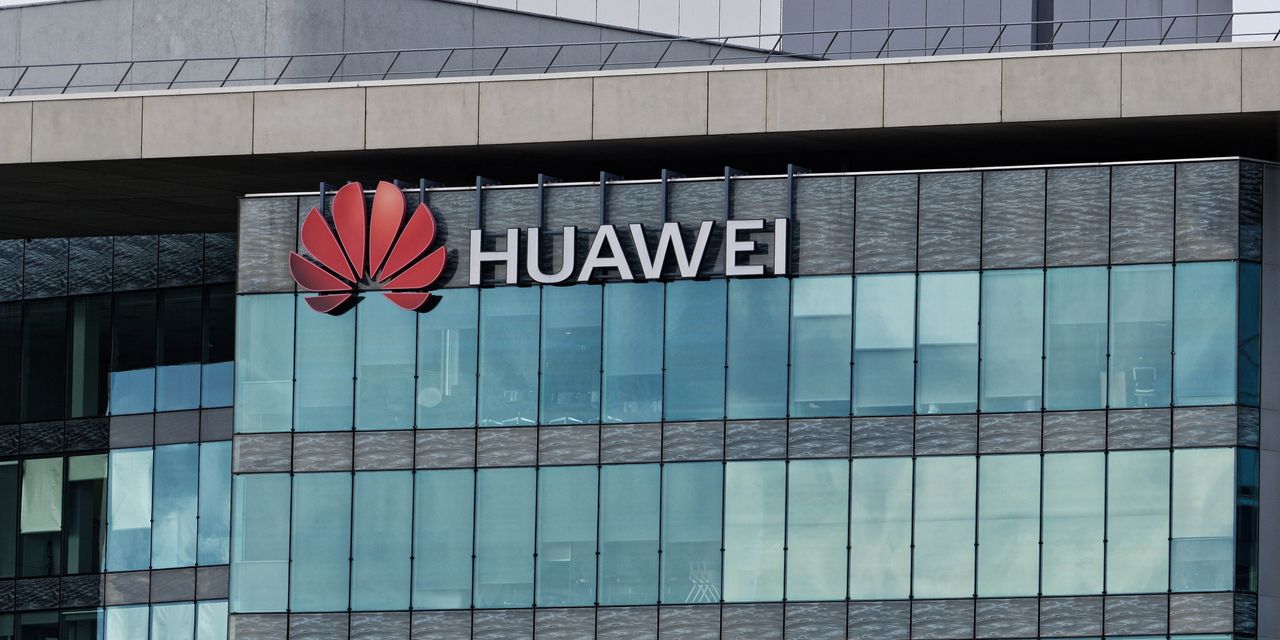
The U.S. Commerce Department issued more than $100 billion worth of export licenses for semiconductors and other products to suppliers of Huawei Technologies Co. and another blacklisted Chinese tech company, as a global chip shortage started to bite.
The Commerce data, released Thursday by a Republican member of Congress, shows the department granted 113 export licenses worth about $61 billion for suppliers of telecom giant Huawei and 188 licenses valued at $42 billion for suppliers of Semiconductor Manufacturing International Corp., China’s largest chip maker, from Nov. 9, 2020, through April 20 this year.
Many of the licenses were for semiconductors and the equipment to manufacture them. The data, which covers the final months of the Trump administration and the start of the Biden administration, did not identify any specific suppliers.
The Commerce Department said in a statement that “the existence of approved export licenses for Huawei and SMIC is not, by itself, sufficient to draw accurate conclusions about the effectiveness” of licensing policy. It also said that generally about half of all licenses are used and that the licensing process gives priority to national security.
Still, industry experts said, the data shows that the suppliers continued to have access to U.S. technology despite Huawei and SMIC having been blacklisted for national security reasons. They said it also points to stockpiling by companies that likely contributed to the global shortage of semiconductors that has hit the auto, electronics and other industries.
The data was released by the House Foreign Affairs Committee’s lead Republican, Rep. Michael McCaul of Texas, after the Democrat-controlled committee allowed him to publicize it. Republicans in Congress have been pressuring the Biden administration to maintain restrictions put in place by President Trump and ensure advanced U.S. technology isn’t transferred to China.
The issuing of the licenses by Commerce seems “to be working at cross-purposes with the administration’s goals of bolstering U.S. technology leadership and enhancing our country’s position in domestic semiconductor manufacturing,” said David Hanke, a former Republican Senate national security staffer who worked on export-control issues.
Huawei and SMIC didn’t immediately respond to requests for comment. Huawei’s deputy chairman Eric Xu said in April that Chinese companies were stockpiling chips, for fear of U.S. sanctions, contributing to the disruption in global supply.
Lawmakers from both parties have been urging the administration to adopt forceful policies to compete with China and protect U.S. national security, including by limiting Chinese access to U.S. technology and increasing U.S. chip production.
U.S. companies have also been pushing for licenses to sell to Chinese tech companies, saying it is essential for their bottom lines.
The Commerce Department this month said Secretary Gina Raimondo “has been laser-focused on addressing the semiconductor chips shortage in particular and the supply chain disruptions overall.”
The data released Thursday shows the department denied three applications for Huawei and SMIC suppliers during the November-to-April period, while 65 requests were returned without action.
Write to Kate O’Keeffe at [email protected]
Copyright ©2021 Dow Jones & Company, Inc. All Rights Reserved. 87990cbe856818d5eddac44c7b1cdeb8
Appeared in the October 22, 2021, print edition as ‘Huawei Suppliers Got Export Licenses.’








